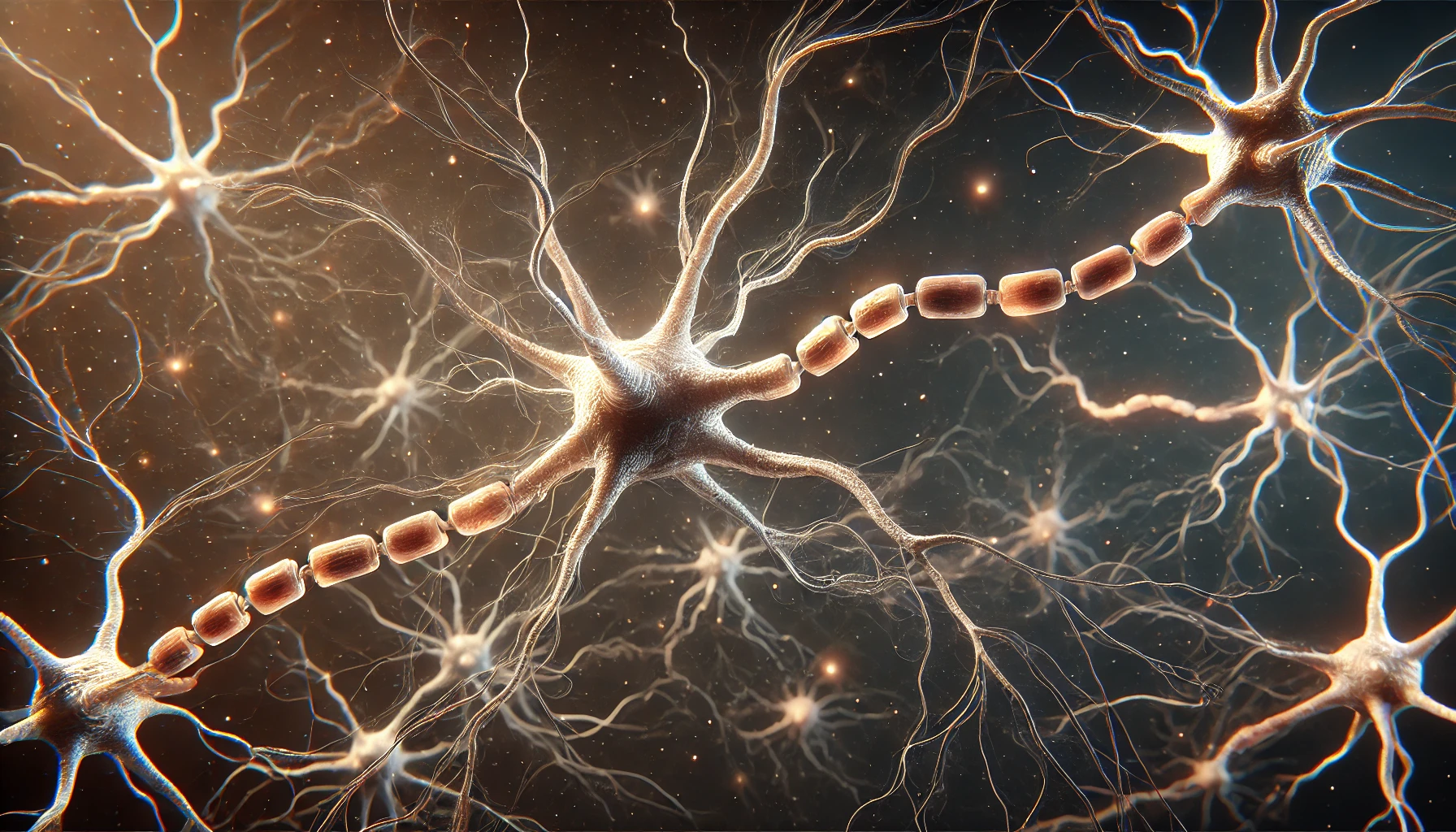Alector's Alzheimer’s Phase II Failure Leads to 17% Workforce Reduction and Strategic Shift

Alector's experimental Alzheimer's drug, AL002, failed to achieve the desired outcomes in its Phase II INVOKE-2 trial. The study did not meet its primary efficacy endpoint, nor did it result in improvements in secondary outcomes or biomarkers, and raised safety concerns due to amyloid-related imaging abnormalities and infusion reactions. As a result of this setback, Alector has decided to discontinue further studies of AL002 and undergo a significant strategic shift, including a workforce reduction of 17%, affecting approximately 41 employees[1][2][3]. This failure in the Phase II trial has led to a realignment of resources and a strategic refocus on other programs, such as the company’s frontotemporal dementia candidate AL001, and further exploration of its blood-brain-barrier platform [1][2].
References
Explore Further
What specific factors contributed to the failure of the AL002 drug in the Phase II trial?
How does Alector plan to leverage its remaining cash reserves to ensure long-term sustainability?
What role does Alector's blood-brain-barrier platform play in their strategic realignment?
How will the partnership with GSK influence Alector's future research and development endeavors?
What lessons has Alector learned from the AL002 Phase II trial that might inform their future studies, especially the Phase III trials with latozinemab?